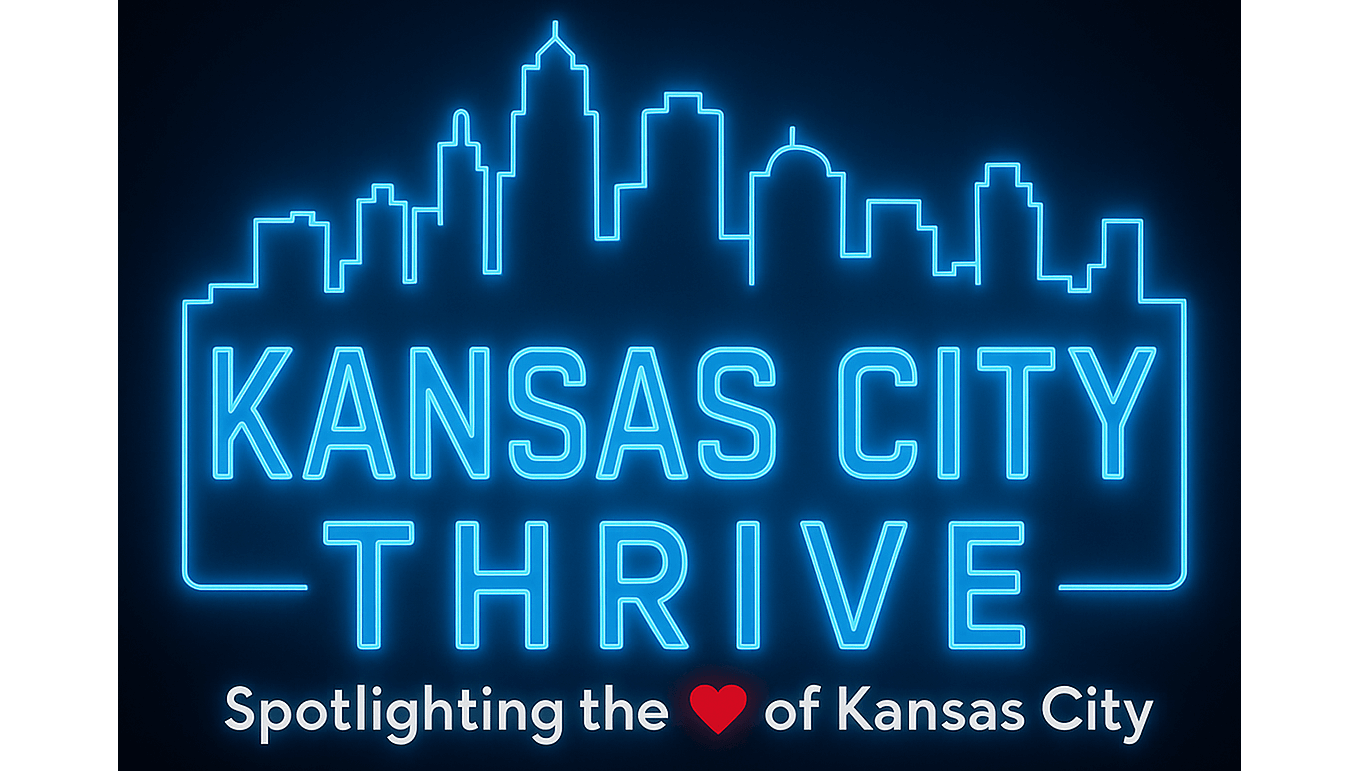
Former Mizzou Coach Gary Pinkel Arrested: The Implications for Kansas City
The recent arrest of Gary Pinkel, former head football coach of the Missouri Tigers, for suspected DWI raises significant concerns not just for his future but also for the Kansas City community that has followed his career. At 73, Pinkel was stopped in Camden County late on a Monday night, leading to his booking in the local jail. This incident marks Pinkel's second DWI arrest, with a previous plea in 2011 still fresh in the minds of many. As he prepares to plead not guilty in this latest case, both fans and residents are left contemplating what this means for Pinkel and the broader implications for community standards.
The Backstory: Pinkel's Legacy in Missouri
Gary Pinkel's tenure at the University of Missouri shaped a generation of football fans and athletes. Known for leading successful football seasons and establishing a strong program, Pinkel turned Mizzou into a powerhouse until his retirement in 2015 due to health issues. His connection to the Kansas City community goes beyond sports; it's intertwined with numerous local charitable efforts and initiatives that foster civic engagement. The current DWI incident may affect this legacy, prompting public discourse about accountability and behavior expectations for public figures.
Sensitive Community Impact
Pinkel's arrest speaks to larger issues within Kansas City regarding civic responsibility and the challenges posed by prominent figures facing legal troubles. In a city that values its local heroes, the behavior of those in the spotlight can reflect on the community as a whole. Issues surrounding DWI have long been debated, particularly in the context of Kansas City local politics and public safety. Each incident like this can ignite conversations about legislative measures that aim to prevent such occurrences and protect residents, particularly young people looking up to local figures.
Civic Engagement and Responsibility: A Call to Action
For Kansas City residents, Pinkel's arrest is an opportunity to engage in discussions around local legislation and civic responsibility. What does it mean to be a role model? How should the community respond to infractions such as DWI? The Kansas City city council and local organizations have a role in fostering these discussions. Residents can consider attending city council meetings or participating in local actions that advocate for responsible community leadership and behaviors. Engaging in such conversations is crucial for steering the community towards positive reforms and policies.
Future Implications for Sports and Leadership
As Kansas City navigates this situation, it’s essential to consider the trajectory of leadership in local sports and beyond. How will this arrest influence future conversations about mentoring young athletes? Sports leaders are often tasked with character-building roles, and Pinkel’s situation could serve as a teachable moment for young athletes in Kansas City. Educational programs focusing on the importance of sober driving and personal accountability could arise from this situation, driving home the point that local heroes must also be responsible citizens.
Conclusion: Let’s Shape the Conversation Together
Pinkel's situation illuminates how deeply personal decisions can affect community values. As this case develops, it is important for residents of Kansas City to engage in meaningful dialogue, bolstering civic engagement efforts that promote responsibility, accountability, and community well-being. As we reflect upon these events, let’s take this opportunity to invest in our local youth and remind everyone of the role we play in shaping a responsible, engaged community.
 Add Row
Add Row  Add
Add 





Write A Comment